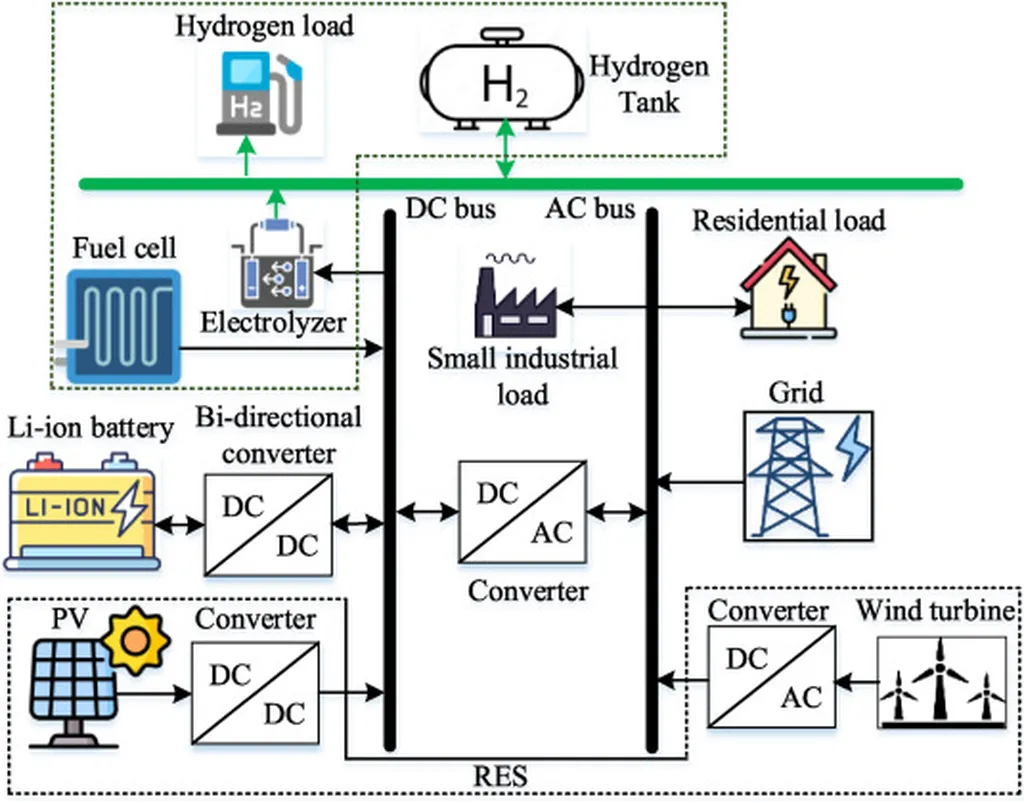In the realm of numerical analysis, a groundbreaking development has emerged that could significantly impact the energy sector and beyond. Ibrahim Mohammed Dibal, a researcher from the Department of General Studies at the Federal Polytechnic Damaturu in Nigeria, has introduced a novel hybrid block method designed to solve first-order ordinary differential equations (ODEs) with unprecedented accuracy and efficiency.
Dibal’s research, published in the Journal of Applied Science & Process Engineering, presents a single-step hybrid block method that leverages interpolation techniques to approximate function values at points not explicitly defined on the computational grid. This method stands out due to its six-order accuracy, A-stability, consistency, and convergence—qualities that make it a robust tool for solving initial value problems.
“The formulation of this method is not just about achieving high accuracy,” Dibal explains. “It’s about providing a computationally economical solution that can handle complex problems efficiently.” This efficiency is particularly relevant for the energy sector, where solving ODEs is a common challenge in modeling and simulation tasks, such as optimizing energy systems, predicting energy consumption, and designing control systems.
The hybrid block method’s ability to handle intra-step points with precision means it can provide more accurate solutions with fewer computational resources. This could lead to faster simulations and more efficient use of computational power, ultimately reducing costs and improving the accuracy of energy-related models.
Moreover, the method’s A-stability ensures that it remains accurate even for stiff equations, which are common in energy systems involving rapid changes in state. “This stability is crucial for applications in the energy sector, where systems can exhibit highly dynamic behavior,” Dibal notes.
The implications of this research extend beyond the energy sector. Any field that relies on solving ODEs, from aerospace engineering to financial modeling, could benefit from this new method. Its high accuracy and computational efficiency could lead to advancements in various industries, driving innovation and improving decision-making processes.
As the energy sector continues to evolve, the need for accurate and efficient numerical methods becomes increasingly critical. Dibal’s hybrid block method offers a promising solution, paving the way for more sophisticated and reliable models. With its rigorous theoretical foundation and competitive performance, this method is poised to shape the future of numerical analysis and its applications in the energy sector and beyond.
Published in the Journal of Applied Science & Process Engineering, this research not only contributes to the academic community but also holds significant practical value for industries seeking to optimize their processes and improve their models. As the energy sector continues to face complex challenges, the adoption of such advanced numerical techniques could be a game-changer, driving progress and innovation in the field.

